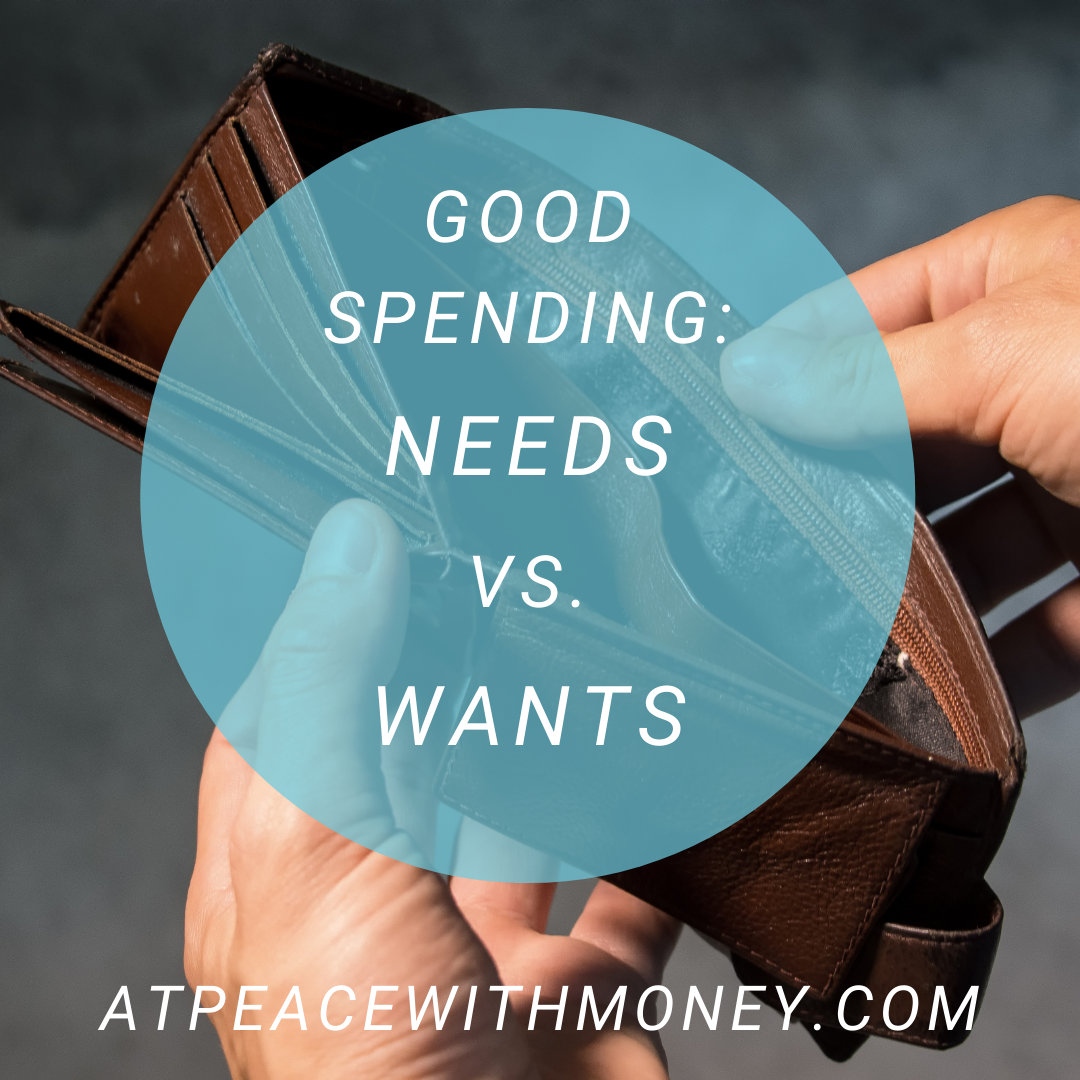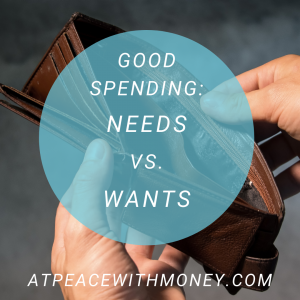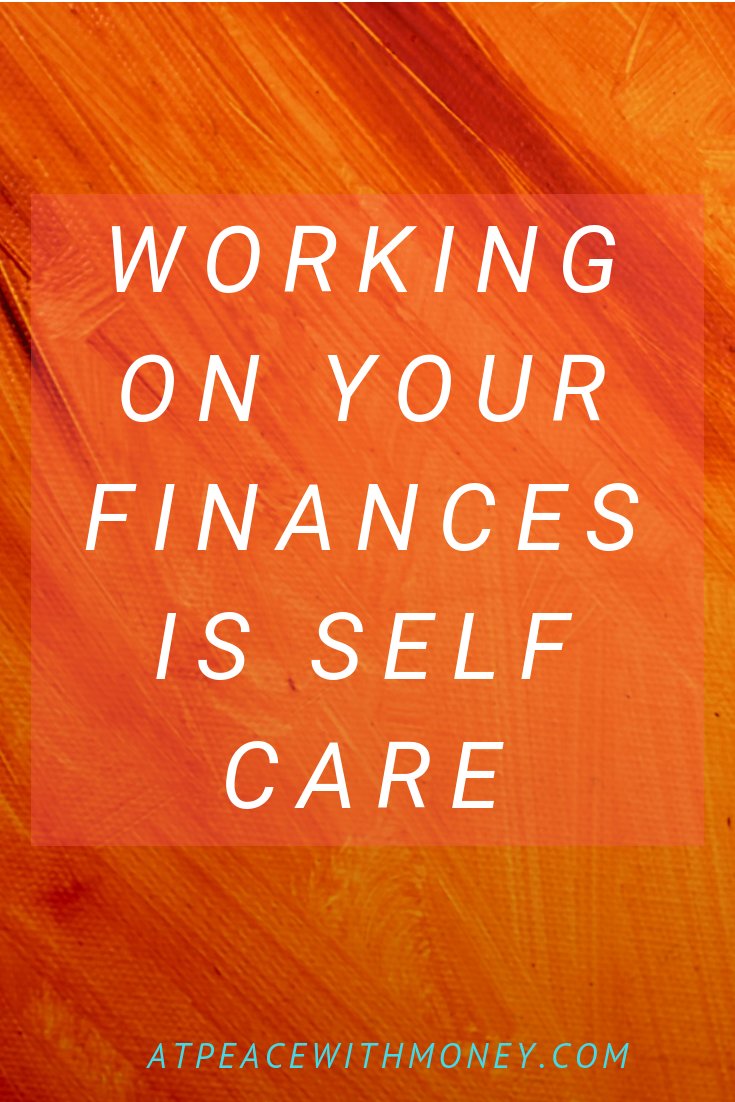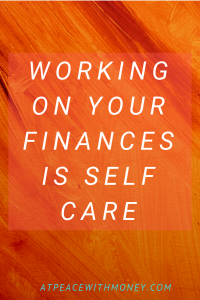3 Simple Tips to Infuse Financial Self Care Into Your Routine

When you first decide you want to put effort and intention into your finances, it can be hard to know where to start. Especially as a business owner, you already wear many hats. You have a lot to do, and whatever you add to your plate needs to be simple. I’ve got you covered. Here are three ideas for infusing some financial self care into your work routine.
Organize Your Passwords
If you want to look at your accounts regularly, organize your passwords for easier access! I am a huge advocate for looking at your numbers on a weekly basis. The more you’re checked in with where you and your business are at financially, the better. Taking some time to do this step will simplify the process of working on your finances, and take away some of the hesitation.
Find a Financial Education Resource You Love
…and then stick with it! Whether it’s a podcast, a book, or a YouTube channel, financial education comes in all formats these days. Find a person or resource who really resonates with you. Then, dive deep into what they have to say, and try to integrate that into your life. If you want some guidance around finding sound financial advice, read my guides on some things to look for and how to steer clear of the not-so-helpful stuff. You can also check out my favorite educational resources. Here’s a list of some of my faves from other sites, and a list of my best educational blog posts.
List Some Action Items
You know your business and personal finances best. Chances are, there are probably already some to-do list items in the realm of your finances. Try jogging your memory for those and writing them down. Perhaps you’ve always wanted to try creating a money map for yourself. Maybe you want to automate all your bill payments. Identify those action items and write them down somewhere you can revisit them.
Next, strategize. How can you get these done? What resources or assistance do you need to do so? Can you divide the tasks into bite-size chunks and work on them piece by piece? Your financial wellbeing is something you can handle – sometimes it just takes some strategy and awareness.

I hope you’ve enjoyed these quick tips for financial self care. You might also be interested in downloading my free e-Book, 9 Secrets to Financial Self Care. In this e-Book, I go in-depth into 9 different steps you can take to build a solid financial self care routine for yourself. Try it out by clicking the link above!
Angela
Image by Siora Photography













 You may have some idea of whether you fit into either category. If you’re not sure what over-saving is, I recommend
You may have some idea of whether you fit into either category. If you’re not sure what over-saving is, I recommend 


 Separating your accounts also makes things much easier at tax time, when you need that information anyway. Having your accounts separated and that information readily available means you’re less likely to give up and overpay on your taxes. This means more profit for you.
Separating your accounts also makes things much easier at tax time, when you need that information anyway. Having your accounts separated and that information readily available means you’re less likely to give up and overpay on your taxes. This means more profit for you. 


 As we go into 2019, I’m focusing on this idea of financial organization as self-care. To kick the new year off, I’m releasing a series detailing my top three money moves for financial success this year. These insights are geared towards solopreneurs and intended to help you get on top of your business finances. [Edit: you can
As we go into 2019, I’m focusing on this idea of financial organization as self-care. To kick the new year off, I’m releasing a series detailing my top three money moves for financial success this year. These insights are geared towards solopreneurs and intended to help you get on top of your business finances. [Edit: you can